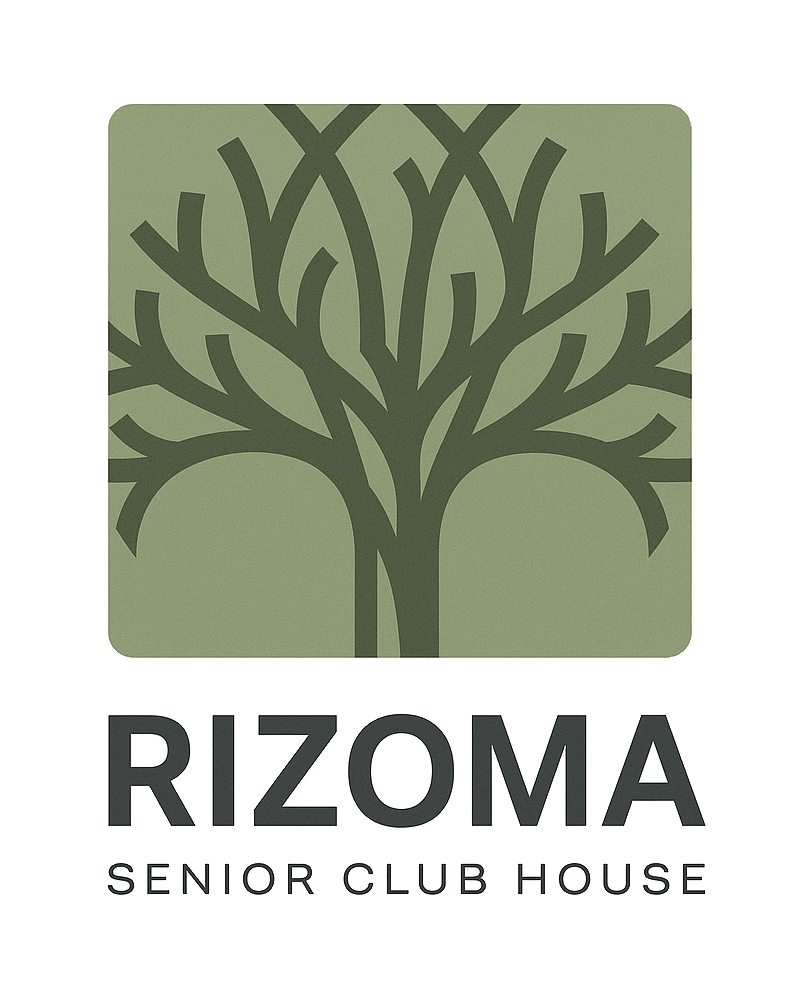As we age, our nutritional needs change, and maintaining a balanced diet becomes even more important for overall health and wellbeing. Proper nutrition can help seniors maintain energy levels, support immune function, and reduce the risk of chronic diseases.
Key Nutrients for Seniors
Several nutrients are particularly important for older adults:
- Calcium and Vitamin D: Essential for bone health and preventing osteoporosis. Good sources include dairy products, fortified plant milks, leafy greens, and moderate sun exposure.
- Protein: Crucial for maintaining muscle mass, which naturally decreases with age. Include lean meats, fish, eggs, dairy, beans, and legumes in daily meals.
- Fiber: Supports digestive health and helps prevent constipation, a common issue for seniors. Whole grains, fruits, vegetables, and legumes are excellent sources.
- B Vitamins: Important for energy production and neurological function. Found in whole grains, meat, eggs, dairy, and leafy greens.
- Omega-3 Fatty Acids: Support heart and brain health. Fatty fish, walnuts, flaxseeds, and chia seeds are good sources.
Hydration: An Often Overlooked Nutrient
Water is essential for nearly every bodily function, yet many seniors don’t drink enough fluids. The sensation of thirst diminishes with age, making it important to be intentional about hydration. Aim for 6-8 glasses of water daily, and remember that fruits, vegetables, and soups also contribute to fluid intake.
Practical Tips for Better Senior Nutrition
Implementing good nutrition doesn’t have to be complicated. Here are some practical strategies:
- Eat a Rainbow: Include a variety of colorful fruits and vegetables to ensure a wide range of nutrients.
- Make Meals Social: Whenever possible, share meals with others. Social interaction can improve appetite and make eating more enjoyable.
- Consider Texture: If chewing is difficult, choose softer foods or modify textures while still maintaining nutritional value.
- Use Herbs and Spices: Aging can affect taste buds. Enhance flavors with herbs and spices rather than salt.
- Plan for Convenience: Prepare easy-to-grab nutritious snacks and meals for times when energy is low.
When to Seek Additional Support
Sometimes, maintaining good nutrition requires additional support. Consider consulting with a healthcare provider or dietitian if you notice:
- Unintended weight loss or gain
- Loss of appetite
- Difficulty chewing or swallowing
- Digestive issues that persist
- Multiple medications that might affect nutrition
At Rizoma Senior Club House, we understand the importance of nutrition in overall wellbeing. Our dining program is designed to provide delicious, nutritious meals that cater to various dietary needs and preferences. Our staff works closely with residents to ensure they receive the nutrition they need to thrive.
Remember, it’s never too late to improve your nutrition. Small, consistent changes can make a significant difference in health and quality of life for seniors.

